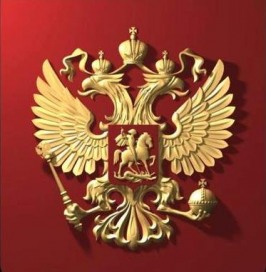Today is the International Day of Human Space Flight, proclaimed by the UN General Assembly resolution of 7 April 2011.
60 years ago - on 12 April 1961 - the Vostok carrier rocket was launched from the Baikonur Cosmodrome. It delivered to the Earth orbit the Soviet Vostok spaceship, with a human on board – the first cosmonaut Yuri Alekseevich Gagarin. The 108-minute flight became our common heritage, marking the beginning of manned space exploration.
Over the past decades, humanity has achieved new results and conquered new space distances. Joining efforts, sharing experience and know-how, we are making the road to the stars shorter. Such an approach may be illustrated by a notable case of the International Space Station (ISS), a project created by the consolidated efforts of the international community. Russia and the ESA - European Space Agency (ESA) are its active participants. The Russian segment and ESA-built modules are operating successfully as part of the ISS. Roscosmos and ESA cooperate in organising and conducting joint experiments on board the station. Quite a few European astronauts flew to the station on Russian manned Soyuz spacecraft.
Successful cooperation between Russia and the European Union also cites the Soyuz-ST rocket launch programme from the Kourou launch site in French Guiana, delivering, inter alia, satellites of the EU Galileo navigation system. This year marks the 10th anniversary of the first such launch.
“ExoMars” is another important joint project of Roscosmos and ESA put in place to explore Mars. Since 2016 it has been running an orbiter on Mars to study the atmosphere and surface of this planet. Preparations are underway for the second mission of the “ExoMars” planned for 2022 – a launch by the Russian “Proton” rocket of a Russian surface platform and a European Mars rover that will also carry Russian equipment. The project's tasks include studying the surface and atmosphere of Mars in the landing area and searching for possible traces of life.
The European Space Agency is involved in Russia's promising lunar exploration projects, “Luna 25” and “Luna 27”. There are many more interesting joint programmes and discoveries in the vast expanses of space ahead of us.
Today, scientists, cosmonauts and engineers from various countries continue to pave the road to space, the first step on which was taken by Yuri Gagarin.























